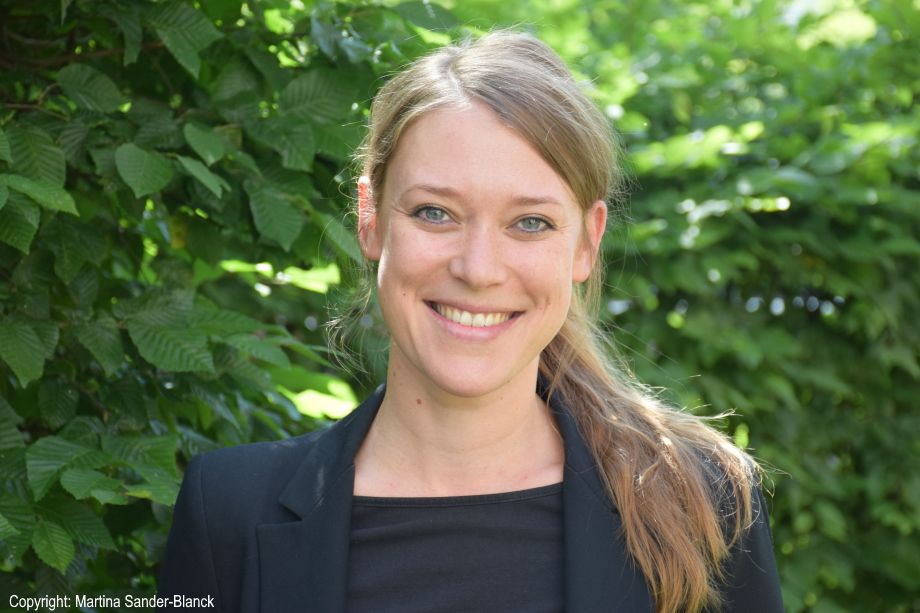Dr. Mitja Sienknecht
Postdoctoral Researcher

Contact details
Research Areas
- Digital Transformation of War
- Ethical Challenges in Developing Responsible AI
- Responsibility in World Politics
- Norms Research
- Global Governance
- Artificial Intelligence/ Argumentative Analysis
- Kurds in Turkey and Iraq
Curriculum Vitae
Mitja Sienknecht graduated in Political Science (BA) from Bielefeld University/Germany and in Peace Research and International Politics (MA) from the University of Tuebingen/Germany. She researched and taught at the European University Viadrina (2013-2017), Bielefeld University (2011-2012), Koç University (2012, Turkey), the WZB Berlin Social Sciences Research Center (2017-2021), and the University of Münster (2020-2021) before joining ENS as part of the SKILL Team in December 2021. In 2015, she received her doctoral degree from the European University Viadrina in Frankfurt (Oder) with a thesis on “De-bordered Conflicts in World Society. The inclusion of International Organizations in Intrastate Conflict Systems”. At Bielefeld University, she worked on international interventions and the discursive construction of conflict (together with Mathias Albert and Kerstin Eppert). At Viadrina, Mitja conducted several projects, e.g. on the European Border Regime, and Borders and Conflicts. In the Global Governance Unit of the WZB, she worked on responsibility relations in world politics and questions of rebel diplomacy. At the University of Münster, she worked at the Chair of Global Governance as a lecturer and researcher focusing on the construction of responsibility relations, combining approaches from political theory and international relations. From 2021 to 2022, she held the position of Interim Professor (“Vertretungsprofessur”) of “European and International Politics” at Viadrina. In her current position in the SKILL project, Mitja co-coordinates together with Prof. Dr. Jürgen Neyer and Dr. Sassan Gholiagha the political science unit of the project.
Her research interests are the transformation of war through digital technologies, ethical challenges in developing responsible AI, responsibility relations and gaps in world politics, norms research, global governance, artificial intelligence/argumentative analysis, international organizations (UN and EU), and the Kurds in Turkey and Iraq.